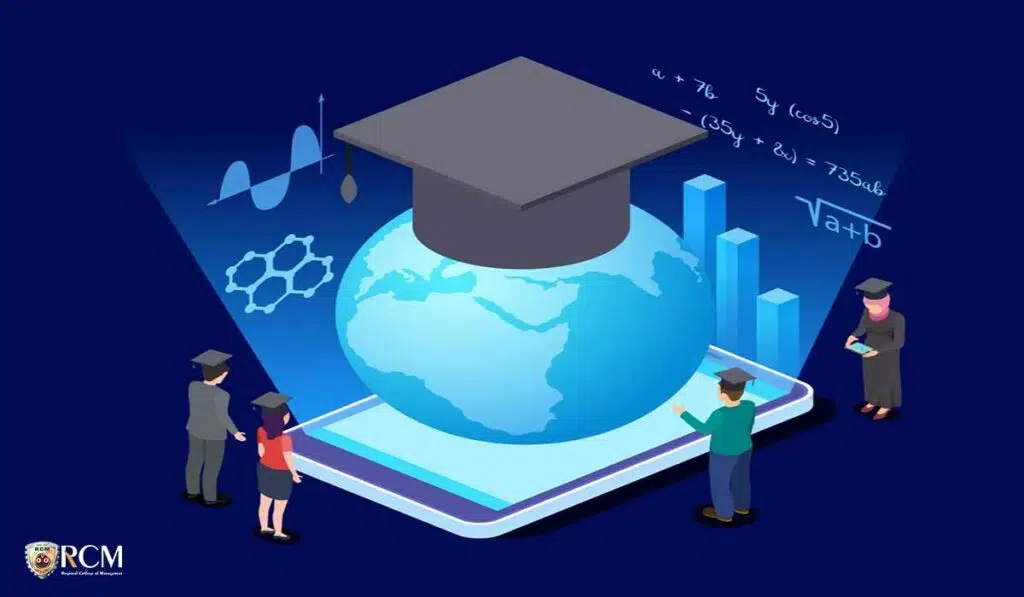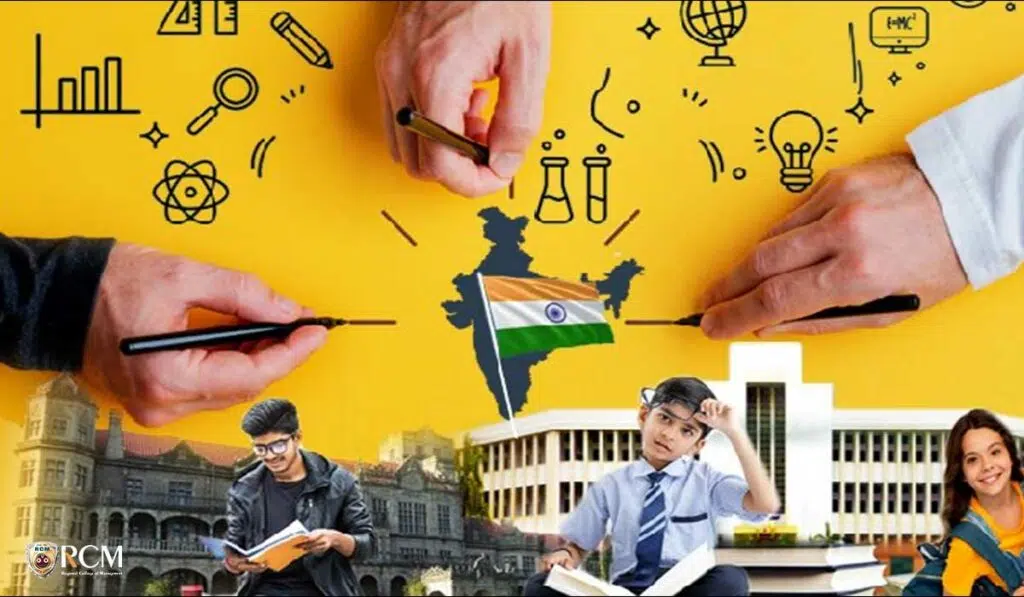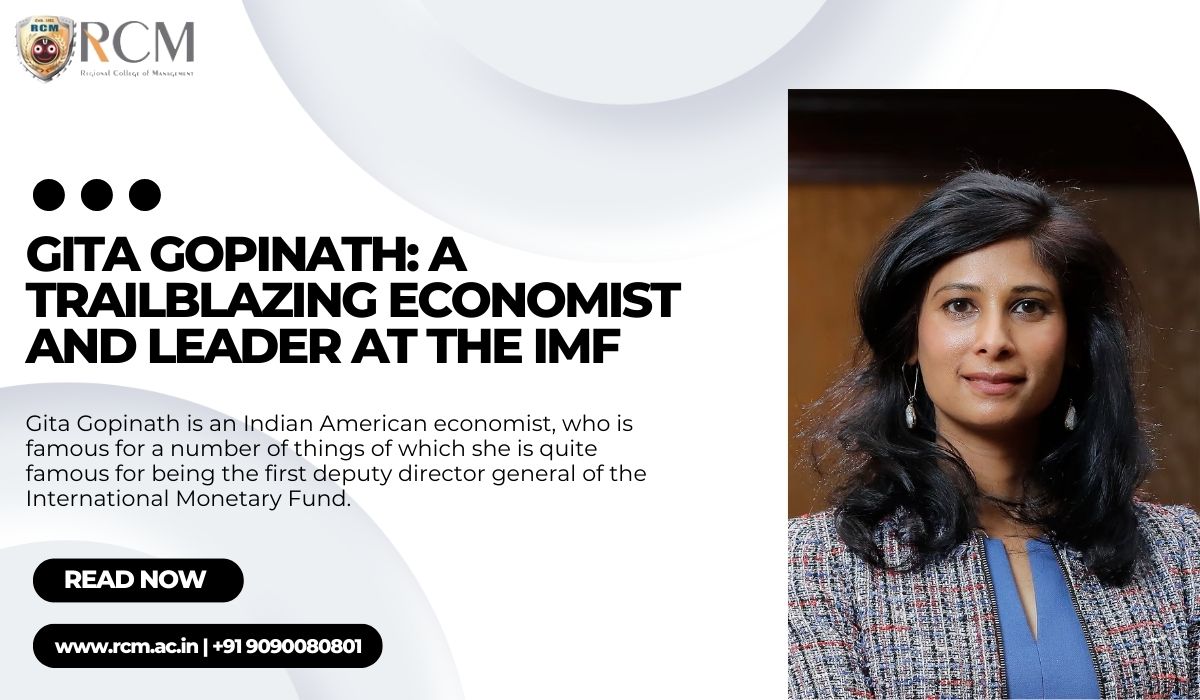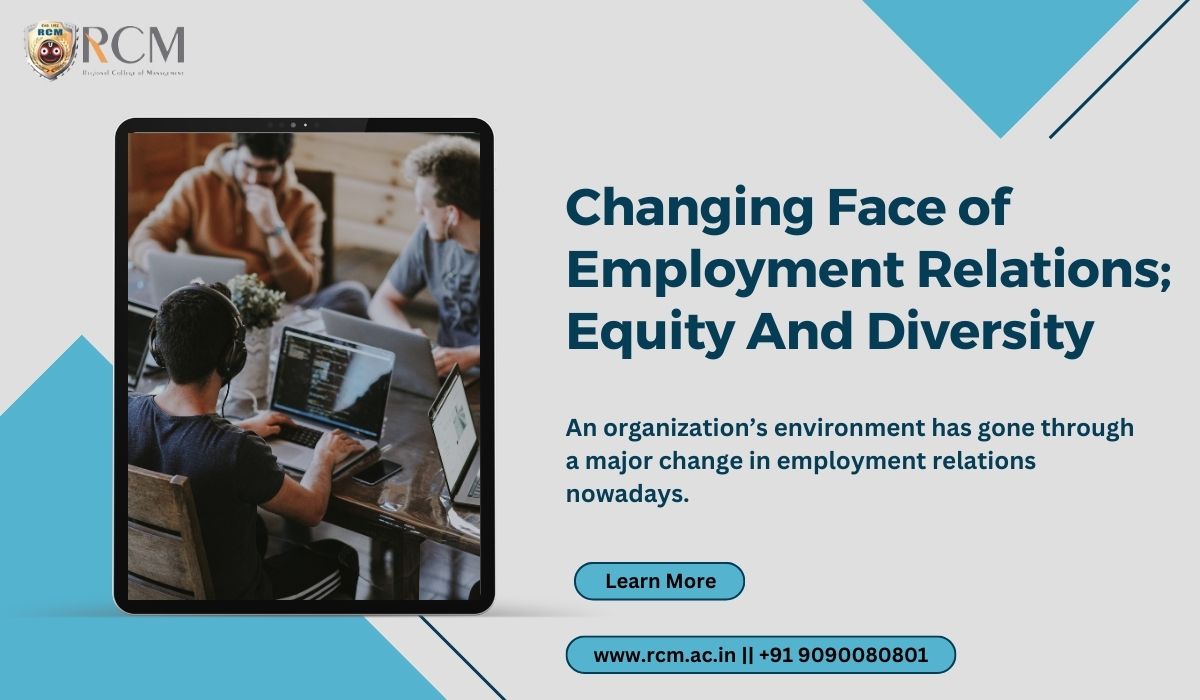Before getting into the impact of globalization and expansion on the educational landscape, it is important to understand that education system today is offer on a global scale. Education is lifting to the front lines because of globalization. According to the dominant rhetoric, education is consider as primary tool for integration into the “knowledge society” and the technical economy. This blog will look at the effects of globalization on knowledge and education systems, specifically in India.
An Introduction
Globalization, as we acknowledge, is a broad and multiconnected concept. As we are living in a “globalized world”, the idea is not limited to a specific area. If we see it in the concept of the center-periphery of the “deconstruction” theory of literary criticism. Each major platform is interconnected, forming a periphery while globalization is at the center. It introduces a slew of new and traditional yet complex trends into the economic, cultural, and social milieu of society.
Globalization has contributed to the advancement of the globe for thousands of years via travel and tourism, commerce, migration, the transmission of cultural influences, and the sharing of information and understanding. These planetary interrelationships have frequently proven quite beneficial to the progress of various countries.
If we look at education, we can see that it is vital not only for the entire development of one’s personality. This is also for the nation’s long-term progress. It is a significant investment in human capital, which drives technical innovation and economic prosperity. Only through strengthening a society’s educational quality can the multidimensional growth of its people will get secure.

An Overview of History
From some viewpoints, globalization is view as westernization. However, this is not the case. Between the second and sixth centuries, India has the emergence and development of the decimal system, which was quickly adopt by Arab mathematicians. These quantitative advances came to Europe in the last quarter of the 10th century and started to have an impact in the early years of the 1st century, playing an important role in the scientific revolution that helped to reshape Europe. Globalization’s agents are not European nor primarily Western, but also they are not closely chain to Western domination. Indeed, had Europe withstood the globalization of mathematics, science, and technology at the time, it would have been far weaker economically, culturally, and scientifically. The same idea applies now, but in the other direction (from west to east).
Initial enthusiasm for globalization as a good set of processes has put way to a recognition that the phenomenon is mostly link to rising socioeconomic inequality within and between countries, as well as instability and war. As a result, the influence of globalization on the Indian economy must determine at this time.
The System of Education in India
Education in India has a long and illustrious history. “Gurukuls”, which stressed traditional and cultural education, dominated society in ancient times. The aging educational system must be overvalued. Practical knowledge should take precedence over academic learning. The Indian educational system is basically of three parts: primary education, secondary education, and higher education. Thanks to privatization, globalization, and liberalization, India is now open to the world in all fields. The Indian education system also has three difficulties in today’s competitive world: growth, brilliance, and inclusivity.

Under British rule, Western education had a considerable impact on the Indian educational system. In this age, scientific and technical education hold power over traditional and cultural education. However, in the post-independence period, our constitution declared education to be a basic right and created legislation mandating compulsory schooling for children up to the age of 14. In today’s competitive world, higher education is more important than ever.
In our next blog, we will gain more knowledge about the education system in India and its impact, and the challenges that are overcome along the way. So, stay tuned to learn more in the next part.

















2 Comments
Thank you for the auspicious writeup. It in fact was a amusement account it. Look advanced to more added agreeable from you! By the way, how could we communicate?
I do trust all the ideas you’ve presented in your post. They are really convincing and will definitely work. Nonetheless, the posts are too short for newbies. May just you please lengthen them a bit from next time? Thank you for the post.
My brother recommended I might like this web site. He was totally right. This post actually made my day. You cann’t imagine just how much time I had spent for this information! Thanks!